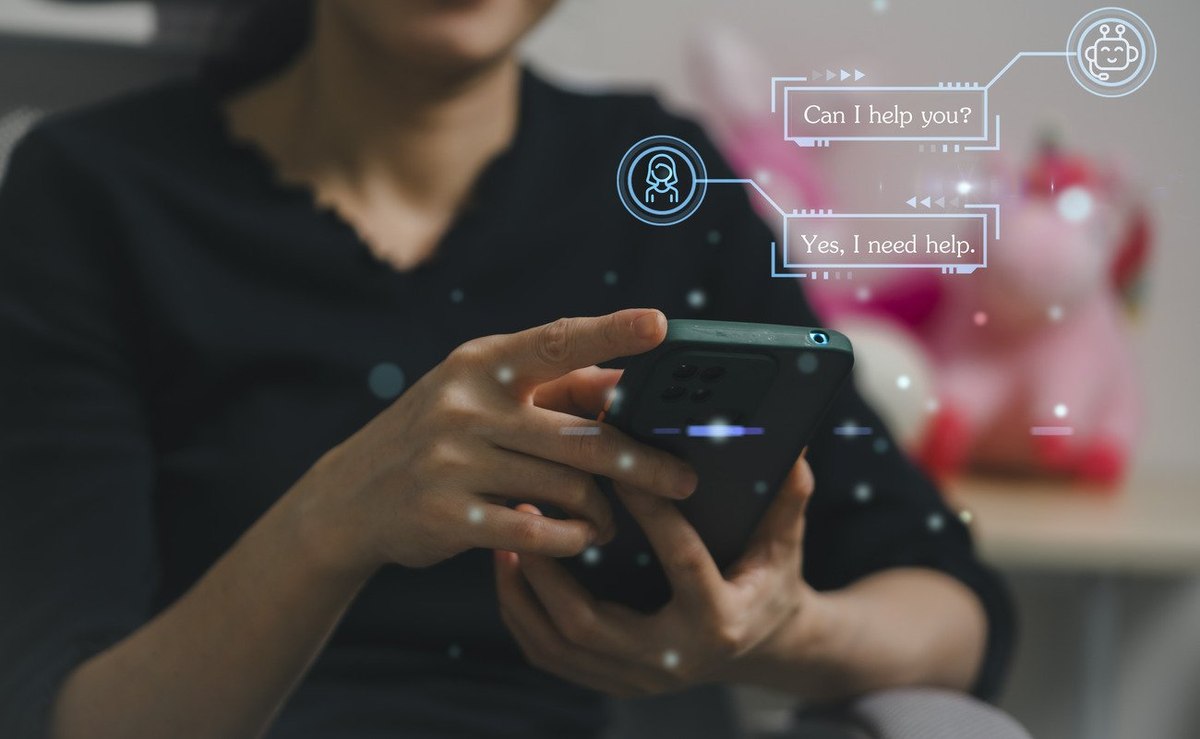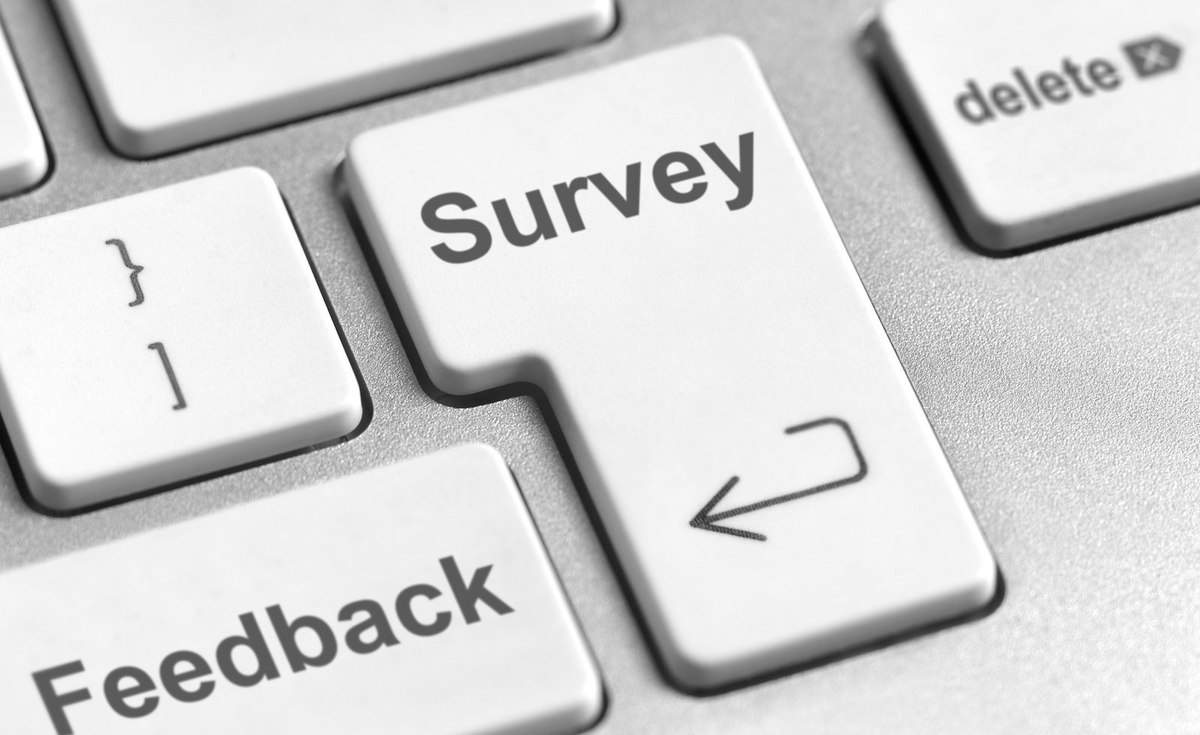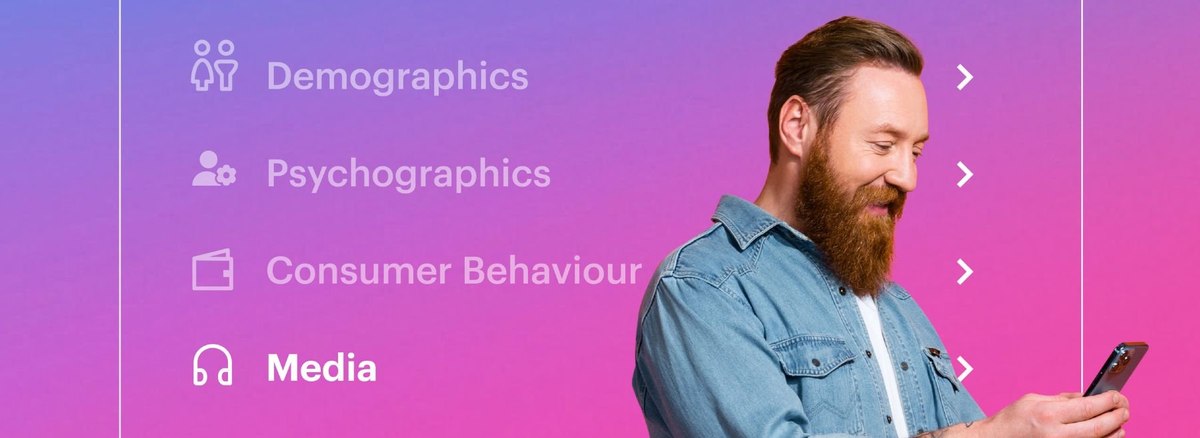
Can an AI Chatbot be your therapist? A third of Americans are comfortable with the idea
As per recent estimates by the US Health Resources and Services Administration, 122 million Americans live in areas with a shortage of mental healthcare providers. Therapists who are working are overloaded. With traditional therapy becoming costly and difficult to access, a new wave of AI-powered chatbots is emerging to offer support and guidance. But how willing are Americans to discuss their mental health with such bots?
Data from a new YouGov Surveys: Self-Serve poll of 1,500 US adults reveals that just about a third of Americans are familiar with applications that use AI chatbots to offer mental health support (35%) and offers deeper insights into their preferences and concerns about using such chatbots.
A few key findings that emerge from the research include:
- 18-to-29-year-old Americans (55%) are the most comfortable talking about mental health concerns with a confidential AI chatbot.
- Ease of access and availability (50%) is one of the most appealing things about AI chatbots offering mental health services among Americans who are familiar with them.
- Privacy and data concerns worry nearly half of people (familiar with AI mental health chatbots (46%).
- Just 20% of Americans familiar with AI mental health chatbots would find it preferable for such bot-based applications to exist as standalone platform.
How comfortable are Americans using AI chatbots that offer mental health services?
Just about a third of all polled respondents say they would be comfortable sharing their mental health concerns with an AI chatbot instead of a human therapist (34%).
Nearly three-fourths of Americans above the age of 65 (73%) and two-thirds of 45-to-64-year-olds (63%) say they would be uncomfortable talking about their mental health to an AI chatbot as opposed to a human therapist.
To understand the draws of talking to a mental health chatbot, we asked Americans who are ‘very’ or ‘somewhat’ familiar with AI mental health chatbots about what factors are most appealing about these types of chatbots.
Half of this group of respondents find the ease of access most appealing about such AI chatbots (50%) followed by 41% who appreciate the privacy and anonymity such applications offer.
A third of respondents find it appealing that such chatbots offer personalized recommendations (31%), and more than a quarter like that AI chatbots can offer supplemental support in between sessions with a human therapist (27%).
What concerns people about using AI chatbots that offer mental health services?
While nearly half of respondents are worried about data safety (46%), two out five respondents are concerned by the lack of access to human support (41%), limited emotional abilities of chatbots (40%) and potential misdiagnoses (40%).
The user interface of applications that offer such AI powered services is one of the least concerning factors for our respondents (16%).
Would Americans prefer AI chatbots integrated into existing mental health services?
Data from the survey reveals that 48% of Americans who are familiar with AI chatbots which offer mental health services prefer if such chatbots were integrated into existing services.
On the other hand, just 20% would find it preferable for such AI chatbot based applications to exist as standalone platforms, while 16% would be okay with either.
Explore our living data – for free
Make smarter business decisions with better intelligence. Understand exactly what your audience is thinking by leveraging our panel of 26 million+ members. Speak with us today.
Discover more health and pharma content here
Want to run your own research? Run a survey now
Methodology: YouGov polled 1,500 US adults online on May 10-11, 2024. The survey was carried out through YouGov Surveys: Self-serve. Data is weighted by age, gender, race, political affiliation, education level and region. Learn more about YouGov Surveys: Self-serve.



































